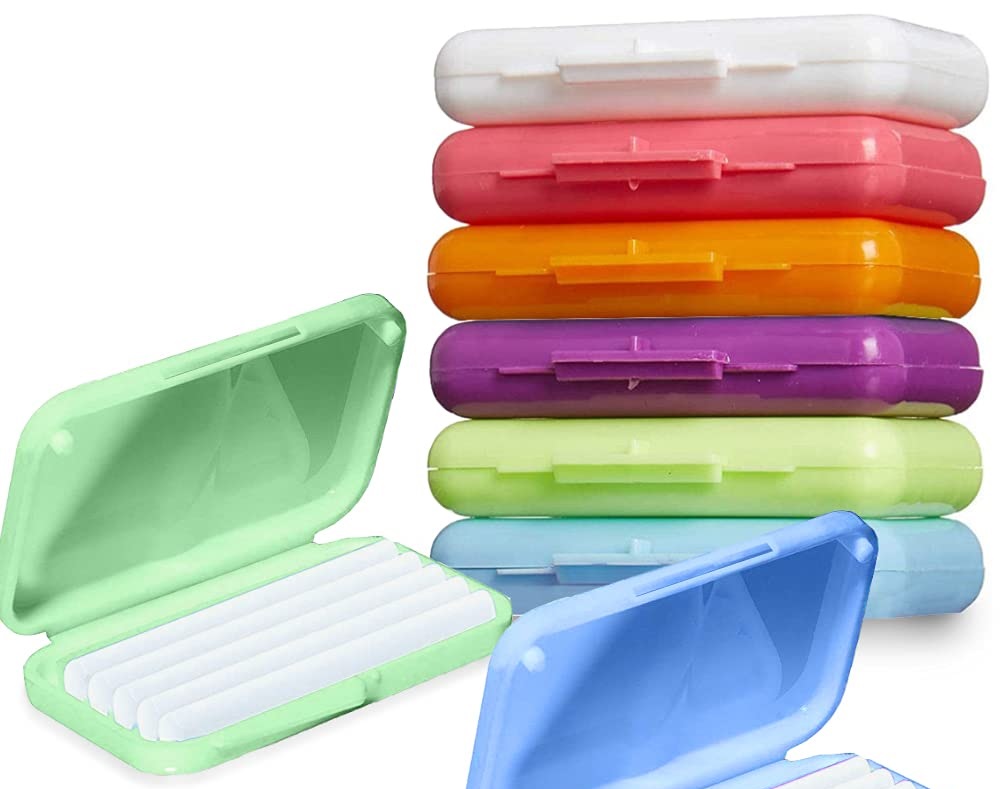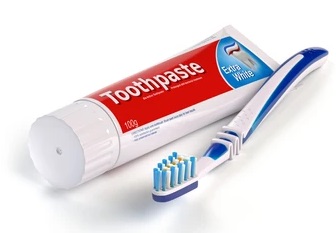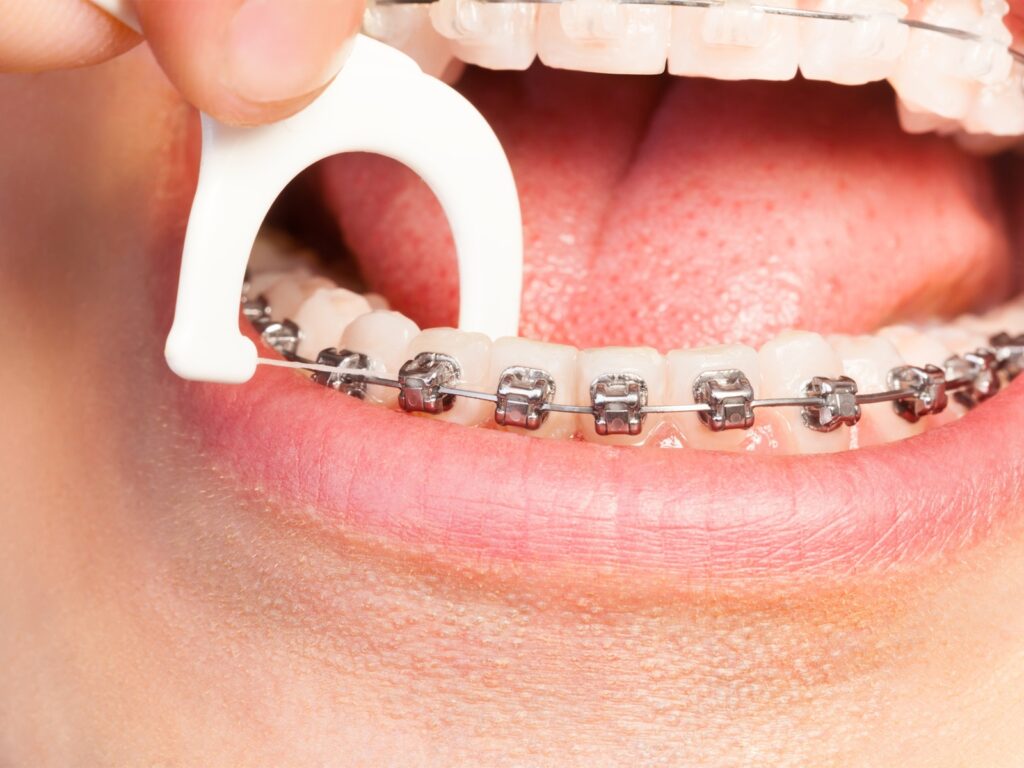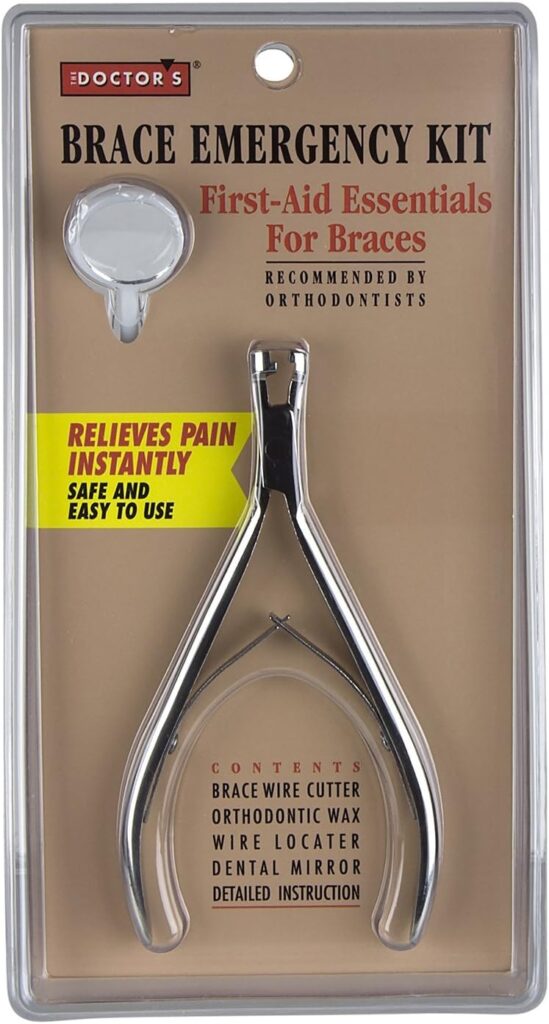Frequently Asked Orthodontic Questions
October 16th, 2024
What Should I Expect During My Initial Exam?
During your first consultation, we’ll start by taking photos and, if necessary, an X-ray. Dr. Hughes will then conduct a thorough examination. Our Treatment Coordinator will explain the recommended treatment plan and discuss the financial aspects with you. We’ll make sure to answer all your questions and prepare you for the start of your treatment.
Do Braces Hurt?
Braces typically don’t cause pain during treatment. However, you may feel some discomfort after they are initially placed. This soreness usually lasts a few days as your teeth, gums, cheeks, and mouth adjust to the new braces.
Why Do I Need to Brush My Teeth More with Braces?
It’s crucial to brush your teeth four times a day and floss daily when you have braces. This helps prevent plaque buildup and bacteria from becoming trapped in your gums. Neglecting this can lead to gum disease, bad breath, and stained teeth.
Can I Floss with Braces?
Yes, you can—and should—floss daily! Flossing with braces is a bit different; you’ll need to maneuver the floss behind the wire between each tooth to effectively reach the gums. Tools like floss threaders and super floss can make this process easier.
What Should I Do if I Break a Bracket?
If a bracket or band becomes loose or falls off the wire, it’s not an emergency. Simply call our office as soon as you notice, and we’ll schedule an appointment to fix it. If the loose bracket is causing discomfort, you can apply orthodontic wax to relieve the irritation.
Why Do I Have to Change My Elastics Throughout the Day?
Orthodontic elastics function like regular elastics; repeated stretching will cause them to loosen. Activities like talking and chewing can stretch the elastics, making them less effective. By changing your elastics throughout the day, you ensure they remain tight, helping your treatment progress as planned.
Why Do I Have to Wear a Retainer After My Braces are Off?
After your treatment is complete, your teeth may try to return to their original positions. Wearing a retainer full-time for the first year and then at night indefinitely will help keep your teeth in place.
Am I Too Old for Braces?
Absolutely not! There’s no age limit for orthodontic treatment. We encourage everyone aged seven and older to schedule an orthodontic consultation to explore the best treatment options for them.
What Foods Should I Avoid While Wearing Braces?
Don’t worry—you’ll be able to enjoy popcorn and gum again soon! In the meantime, it’s essential to avoid foods that could damage your braces, such as crunchy, sticky, or hard items. Foods that require biting into, like corn on the cob, apples, and carrots, should also be avoided unless cut into smaller pieces.





